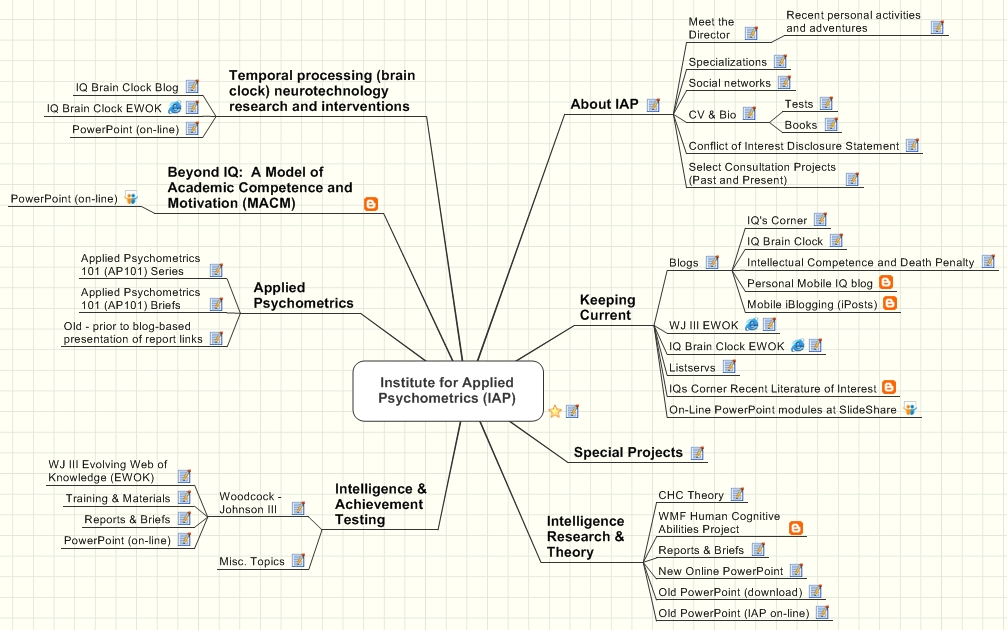If you area interested in technology, psychology, and education, you might also be interested in the 14th International Conference on Artificial Intelligence in Education.
From the conference website:
July 6th - 10th 2009, Thistle Hotel, Brighton, UK
http://www.aied2009.com
held in cooperation with AAAI
"AIED 09 will focus on the theme "Building Learning Systems that Care: From Knowledge Representation to Affective Modeling". This extends an AIED vision proposed some 20 years ago by John Self. The field has moved a long way since then. It is now widely accepted that effective learning environments are expected to care about both learners and tutors, and to have a good understanding of the variety of learning contexts. The key research question now is how to tackle the complex issues related to building learning systems that care, ranging from representing knowledge and context to modeling social, cognitive, metacognitive, and affective dimensions. This requires linking theory and technology from artificial intelligence, cognitive science, and computer science with theory and practice from education and social science."
The Proceedings will be published by IOS Press in the Frontiers in Artificial Intelligence and Application series.
IMPORTANT DATES
* Papers, posters, YRT/DC: 15 Jan 2009 (11:59 pm Hawaii)
* Camera ready due: 15 April 2009
* Author notification: 16 March 2009
* Workshops, panels, interactive events and tutorials proposals: 15 Jan
2009 (11:59 pm Hawaii)
* Workshops, panels, tutorials and Interactive Events approved: 20
February 2009
* Conference: 6-10 July 2009
INVITED SPEAKERS
* Prof. Susanne P. Lajoie, McGill University, Canada
* Prof. Kenneth D. Forbus, Northwestern University, USA
* Prof. Wolfgang Nejdl, Distributed Systems Institute, Hannover, Germany
TOPICS
Topics of interest to the conference include, but are not limited to:
1. Modeling and Representation
------------------------------
* Models of learners, facilitators, tasks and problem-solving processes
* Models of groups and communities for learning
* Modeling of learning contexts
* Modeling of motivation, metacognition, and affect aspects of learning
* Ontological modeling
* Dealing with learner dynamics
* Handling uncertainty and multiple perspectives
* Representing and analyzing discourse during learning
2. Models of Learning
---------------------
* Intelligent tutoring and scaffolding
* Intelligent games for learning
* Motivational diagnosis and feedback
* Interactive pedagogical agents and learning companions
* Agents that promote metacognition, motivation, and affect
* Adaptive question-answering
* Multi-agent architectures
3. Intelligent Technologies for Learning
----------------------------------------
* Natural language processing
* Data mining and machine learning
* Knowledge representation and reasoning
* Semantic web technologies and standards
* Social recommendations
* Social networks
4. Pedagogical Models
---------------------
* Inquiry learning
* Social dimensions of learning
* Social-historical-cultural contexts
* Informal learning environments
* Communities of practice
5. Learning Contexts and Domains
--------------------------------
* Learning in open web environments
* Collaborative and group learning
* Simulation-based learning
* Ubiquitous learning environments
* Learning grid
* Lifelong and workplace learning
* Domain-specific learning applications, e.g. language, mathematics,
science, medicine, military, and industry.
6. Evaluation
-------------
* Human-computer interaction
* Evaluation methodologies
* Experiences and lessons learned
SUBMISSION CATEGORIES
* Full papers: original and unpublished work
* Young researcher's track (YRT) and Doctoral Consortium (DC): work-in
progress by graduate students and other young researchers
* Posters: work-in-progress
* Interactive events (IE): demonstration of AIED systems
* Workshop proposals: address emerging topics in AIED
* Tutorial proposals: give overview of important AIED topics
* Panels: bring together experts to discuss AIED directions
Submission instructions are available at
http://www.aied2009.com
CONFERENCE ORGANIZATION
* Conference Chair: Art Graesser
* Local Arrangements Chair: Ben Du Boulay
* Program Chairs: Vania Dimitrova and Riichiro Mizoguchi
* YRT Chairs: George Magoulas and Tanja Mitrovic
* Poster Chairs: Neil Heffernan and Tsukasa Hirashima
* Interactive Events Chairs: Jack Mostow and Katy Howland
* Workshop Chairs: Scotty Craig and Darina Dicheva
* Tutorial Chairs: Beatriz Barros and Stephan Weibelzahl
* Sponsorship Chairs: Roger Azevedo and Rose Luckin
* Publicity Chair: Genaro Rebolledo Mendez
Via Genaro Rebolledo Menez, from the EDM (Educational Data Mining) listserv
RELATED:
Educational Data Mining Resources from the EDM website:
Carnegie Mellon University's PROJECT Listen has released the Bayes Net Toolkit for Student Modeling, a system which makes it easier to useBayes Nets and Bayesian Knowledge-Tracing to model student data.
The Pittsburgh Science of Learning Center offers DataShop, a system which you can use to conduct learning curve analysis on educational data.





